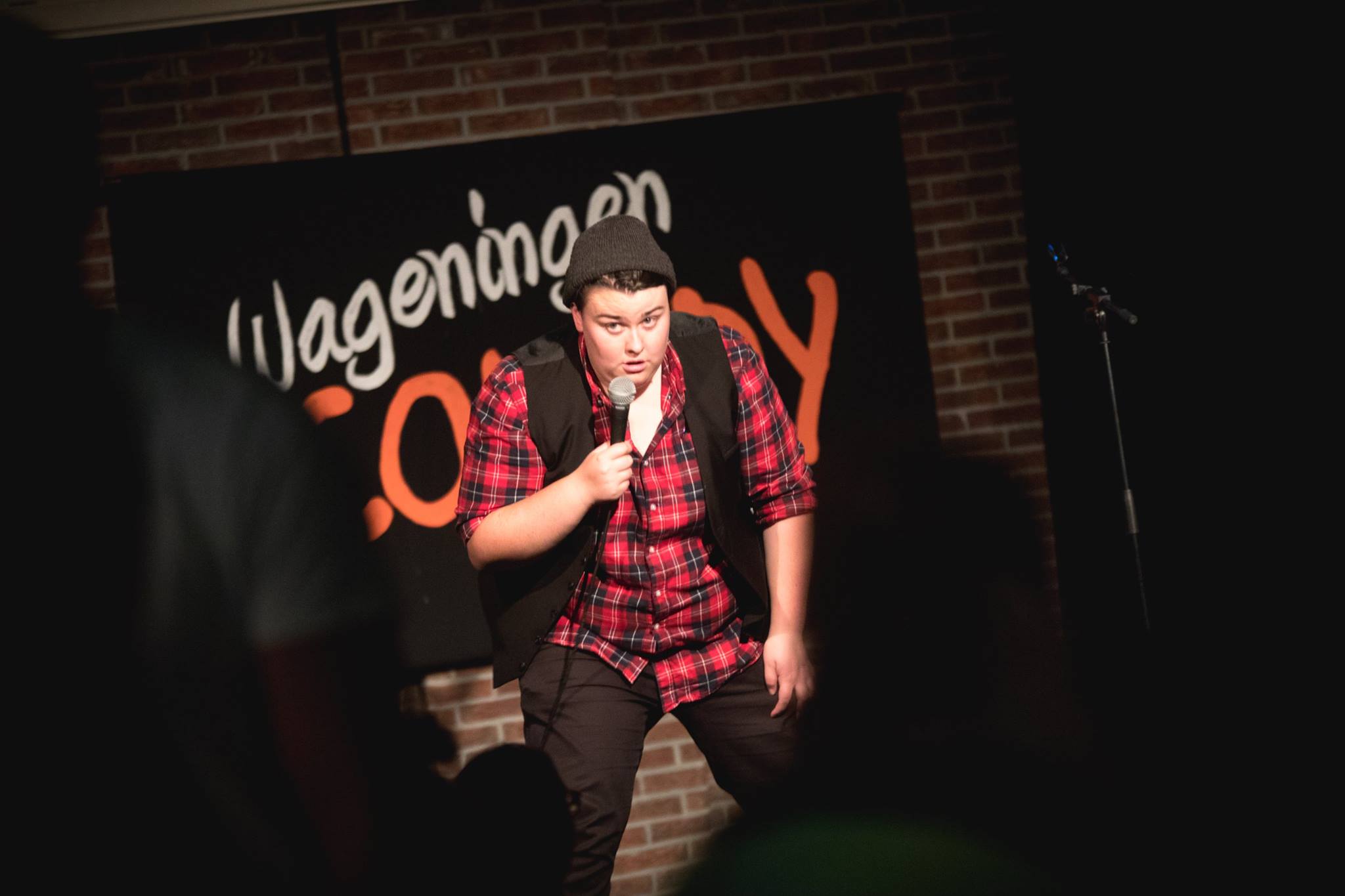Written by Emma Holmes
In Frozen 2, Olaf, the comic relief snowman, sings the lyrics “this will all make sense when I am older”. It is clearly poking fun at the notion that adults know what they are doing. In the cinema that lyric got a huge laugh from the audience, immediately followed by that awkward kind of sigh you give when something hits a little too close to home.
The beauty of comedy is that it makes you laugh but it also makes you think. In our noisy world full of distractions and social media, it’s not uncommon to hear the youth discussing political pieces of stand-up comedy rather than the actual politics itself. Rebellious as this may sound, comedians are just easier to listen to than politicians.
In its original format stand-up comedy was in fact a form of rebellion. In the 19th century, in the US and the UK, comedy began as part of the “variety” art form where “comedians” were all-round entertainers able to crack jokes, sing, dance and tell stories, usually in double acts or groups. In revolt to the fact that comedy was just a by-product of all-round entertainment, and not taken seriously as its own art form, certain performers took it upon themselves to strip back all the extras. They wanted to show that you didn’t need all the bells and whistles to make people laugh, and so stand-up comedy was born as solo-performers on stage with only a microphone to keep them company.
“No matter how crazy the idea, you can always find someone in Wageningen who will support it. “
As any performer can tell you, especially one from the comedy circuit, you take any job you can get. Stand-up comedy wasn’t popularized until the 1970’s and it was an uphill battle all the way to be taken seriously as an art-form. During this struggle, one of the biggest issues was the lack of venues that artists could perform at. Ironically perhaps, this hugely stressful problem would end up giving the art-form its name. Pop culture historian Kliph Nesteroff said actor Dick Curtis told him that the name of “stand-up comedy” came from the Mafia. They controlled the early night clubs that comedy was shown in and relied on comedians to perform the exact amount of time they were given so guests wouldn’t be distracted from gambling; a comedian who could do that was a real “standup guy” or so the story goes, a standup comedian.
“Why would anyone want to live in Wageningen?”
The comedy scene here in Wageningen was also a form of rebellion. When I started the Wageningen Comedy Club in 2015 I was hurt and upset that, while I had moved to the Netherlands to live here, most of my friends didn’t share that same plan. Their plan involved studying, graduating and leavening because “why would anyone want to live in Wageningen?”. I never thought Wageningen was perfect but I love the fact that it’s quaint, it’s multicultural, the forest is right on our doorsteps and it’s full of this unique kind of energy. No matter how crazy the idea, you can always find someone in Wageningen who will support it.
Back in the spring of 2015, the biggest complaint I heard was “yeah, but there is nothing to do here”. It was true, international students were not well catered to. Evening entertainment options were limited to dinners with friends, parties and the odd pub quiz.
I’ve never been much of a complainer though. I prefer to think in solutions. At that time my biggest frustration was the absence of affordable alternative entertainment – where were the comedy nights? poetry slams? storytelling evenings? dance recitals?! Having no musical talent limited my options substantially and I eventually settled on the idea of producing an affordable English-spoken comedy night as a “fix” to the problem.
The rest, I guess you might say, is history but every year around our birthday I take time to remember where we come from, what comedy means to the world and especially to Wageningen. I had no idea in the spring of 2015 that we would be here four years later and it felt like an apt moment to celebrate. No one celebrates 4’s. Only a comedian would bother celebrating such a weird number. Sarah Haimes, the Wageningen Comedy Club co-founder, and I were trying to think of something special to do for the event. We decided to produce a festival celebrating the different branches of the comedy art-form. It felt like a fitting tribute to comedy.
With the festival only a couple of days away, I still smile as I see the name “Waggers Comedy Festival 2019” not least for the wink it gives to my terrible initial pronunciation of the city that I love and live in, “Sorry, can you tell me which train goes to Wag-en-in-gen?”

